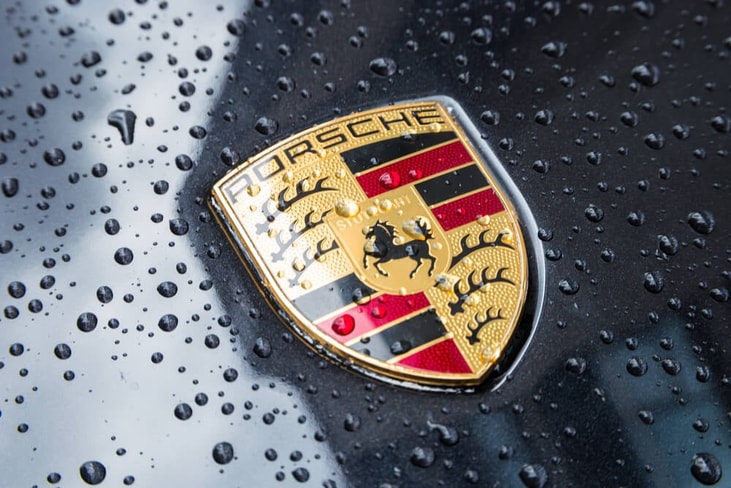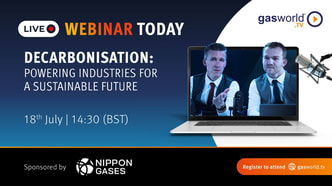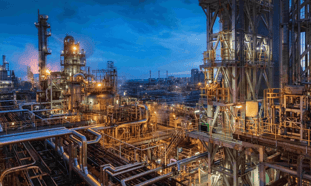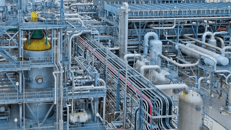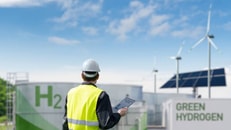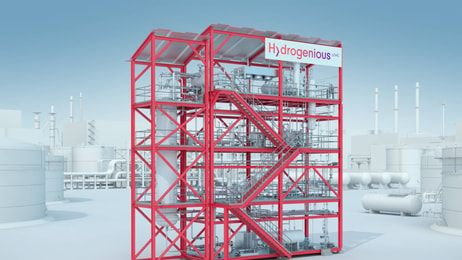Porsche to use H2 Green Steel’s ‘near zero-emission’ steel in sports cars
Porsche aims to reduce emissions in its vehicle manufacturing process after signing a new deal with Swedish industrial start-up H2 Green Steel (H2GS) for the supply of carbon dioxide (CO2)-reduced steel.
From 2026, the sportscar manufacturer plans to use ‘near zero-emission’ steel produced using renewable electricity at H2GS’s Boden, Sweden plant.
Set to begin generating clean electricity at the end of 2025, H2GS claims that its ‘green’ steel will have one of the lowest carbon footprints on the market.
... to continue reading you must be subscribed

